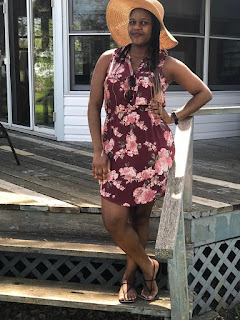By Nontokozo Ndlovu, 2nd year MDP student
 |
| Nono Ndlovu |
A pandemic was the least of my worries when I started this program.
Throughout my studies, public health has always been my passion and driving
force. It still is but the challenges have made me explore a lot more than what
I had just imagined.
My placement as a researcher for a needs assessment on
Metis homelessness in the Housing and Property Management department with
Manitoba Metis Federation has been eye opening.
Questions that arose were:
- What is it to be a public health practitioner?
- What is it to be a researcher and building relationships during a pandemic?
- What is it to be homelessness in this time of a pandemic?
My duties include researching on Metis-specific homelessness,
identify gaps, challenges and trends. This includes connecting with different
organizations and doing interviews. Connecting with organizations who are
essential during a pandemic is challenging yet a time to learn a lot. The
biggest challenge is not hearing the stories of the people we are writing the
needs assessment for. This meant building relationships virtually and allowing
that time for people to trust you with information they are giving.
 |
| Home office |
- Does exchanging emails back and forth build relationships?
- Does requesting virtual meetings at a time like this overstepping?
I have so many questions that I ask myself all the time. “I have so
many questions that I ask myself all the time. The only answer I have found is
that it is essential to hear the stories of the people experiencing
homelessness/ unsheltered people. However, this is the challenge of doing
research during a pandemic when you are house bound and not able to work
directly with the people for whom the work is to benefit.






